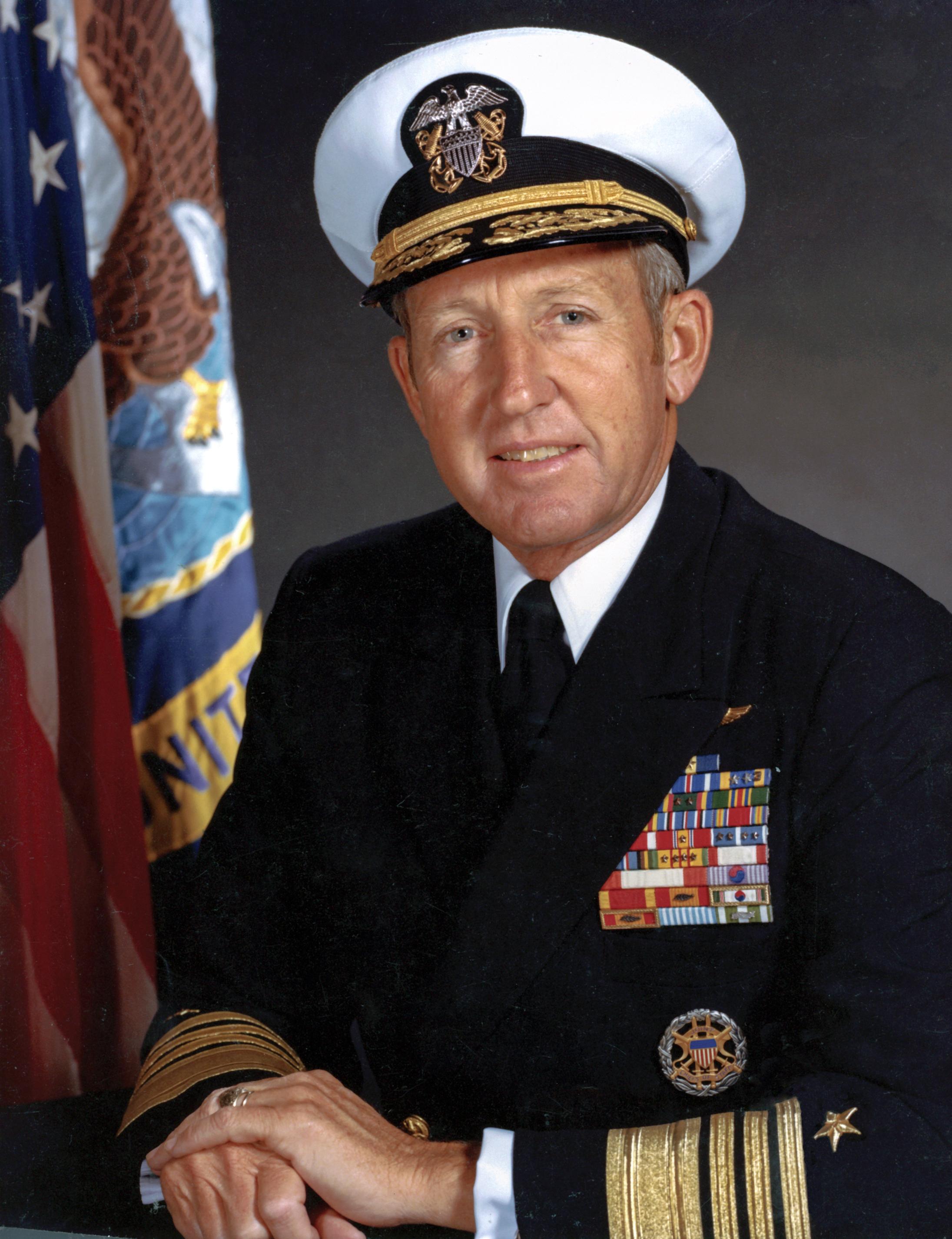The premise of these dire pronouncements—anthropogenic global warming—is wrong. The UNIPCC provides no empirical evidence to support this premise, which must be revisited.
Notwithstanding the well-established “scientific method” for proving a hypothesis on anthropogenic theory, the IPCC chose to claim as evidence the projections of models of the earth’s complex, coupled, non-linear ocean-atmospheric system. But a universal lack of knowledge concerning all the subsystems prevents this complex ocean-atmosphere system from being either defined or accurately modeled. The IPCC is compelled, then, to inject assumptions into their models to substitute for the unknown aspects of the system. These assumptions are supposition and misleading at best.
Factual science impugns the anthropogenic theory and finds disaster predictions to be without historical precedent. Consider the following:
- “The level of observed tropical atmospheric warming since 1979 is dramatically different from that predicted by climate models; it is below all 73 models’ [outputs] we have analyzed” (Dr. Roy W. Spencer, statement to the U.S. Senate Committee on the Environment, 18 July 2013).
- “The Last 2,000 years of proxy reconstructed temperature variations for the Northern Hemisphere show that the Modern Period (today) is not significantly different from . . . the Roman Warm Period of about 2,000 years ago” (Dr. Spencer, statement).
- “Over recent geological time, Earth’s temperature has fluctuated naturally between approximately + 40C and – 60C with respect to twentieth-century temperature. A warming of 20C above today, should it occur, falls within the bounds of natural variability [our emphasis]” (Craig D. Idso, Robert M. Carter, and S. Fred Singer, lead authors/editors, “Climate Change Reconsidered II: Physical Science,” Nongovernmental International Panel on Climate Change, Heartland Institute, September 2013).
- “Satellite data show Artic Sea ice is currently equal to the 1979–2012 average . . . Meanwhile, Antarctic Sea ice has been above the 1979–2012 average through 2012” (“Climate Change Weekly #48: Polar Sea Ice Reaches another Milestone,” Heartland Institute, 27 April 2012).
- “Sea-level rise is not accelerating. . . . Local and regional sea levels continue to exhibit typical natural variability [our emphasis]” (NIPCC, Heartland Institute, September 2013).
- “CO2 is a vital nutrient used by plants in photosynthesis. Increasing CO2 in the atmosphere ‘greens’ the planet and helps feed the growing human population” (NIPCC, Heartland Institute, September 2013).
In conclusion, no empirical evidence shows that anthropogenic release of carbon dioxide into the atmosphere is the principal cause of global warming. Yet the latest UNIPCC assessment AR5 continues to command attention and mislead policymakers. To suggest that homeland security is at risk because of an unproven theory of climate change is to deny the real next security frontier: strategic independence. Based on free-market growth and stability, this can be assured through a comprehensive, credible energy policy that promotes development of burgeoning natural resources and infallible delivery of their products. It is to be pursued and implemented without the burden of scientific supposition.




